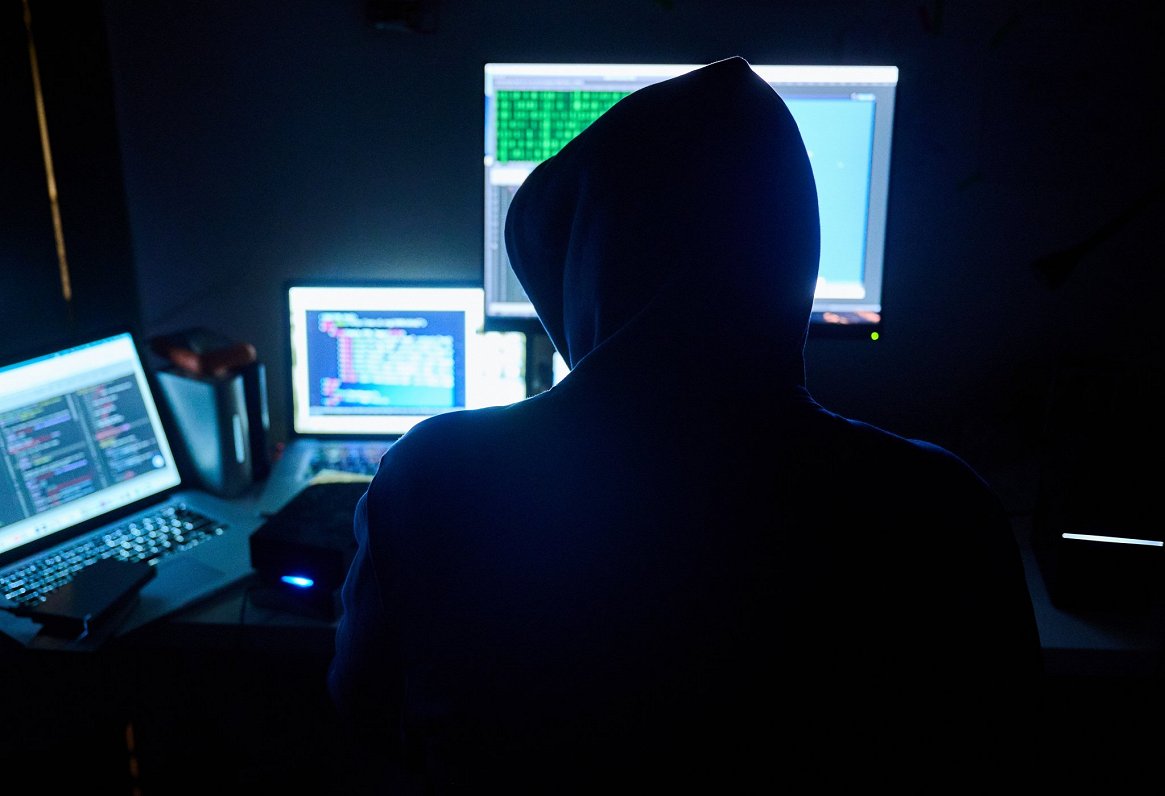Data gathered by Microsoft on cyber attacks related to the Russian invasion of Ukraine ranks Latvia 5th behind the United States, Poland, the United Kingdom, and Lithuania. The data gathered by the cybersecurity authority Cert.lv on attacks on different European institutions shows that Latvia's institutions were in 2nd place behind Poland. Cert.lv detected 40% more cyber-incidents than in 2021. There were four times more attacks on the public sector.
Most frequent were DDoS attacks on different websites. On average, they take 10 hours, denying access to a particular website, but there have also been longer-term exceptions, seven days or even two months.
The head of the Cert.lv security institution, Baiba Kaškina, said that Latvia being that high on attack statistics is not due to the fact that IT security infrastructure would be weaker. Thanks to it and human resources, many of the attacks have gone unnoticed by the general public. Most of the attacks were conducted from countries in the east of Latvia, but they were often not very well organized, Kaškina said.
"This, I think, is directly related to events in the political area, in the context of the war, how much help Latvia is sending. These attacks have been very much linked, for example, with the Saeima's decision to name Russia as a country supporting terrorism. But attackers chose the targets rather without much consideration. All airports, including Rumbula, Liepāja, Spilve where only a museum is left now, have been attacked," Kaškina said.
Last year, there were 450 attacks against 50 public authorities. This year, the number already exceeds 220 in four months.
IT security solutions for national authorities and large businesses, as well as cloud security services, are provided by LVRTC. Its chief executive, Ģirts Ozols, stressed that the ability of companies and authorities to build a centralized Internet communication infrastructure plays an important role in the security of this area. In this respect, the lack of IT specialists is also a major problem in public administration, because the commercial sector is able to compete for it. On the other hand, specific incidents are most often influenced by the human factor, not by systems flaws, Ozols said, saying that “security walls are overthrown by individual errors.”
“No matter how institutions build their corporate defense wall, one of the weakest stages is still the individual. It regards the need to update apps, software, [..]. Updates of apps and programs are because of vulnerabilities or holes in systems,” said Ozols.
Representatives of the responsible authorities predicted an equivalent intensity to last year.




























